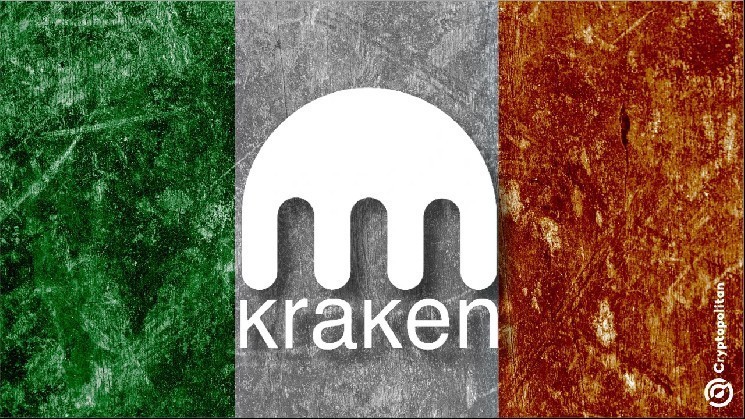Kraken, one of the world’s oldest and most recognized cryptocurrency exchanges, has secured a Markets in Crypto-Assets (MiCA) license from the Central Bank of Ireland.
The license allows the firm to offer fully regulated digital asset services across the European Economic Area (EEA).
The approval is a major milestone for Kraken, which seeks to ramp up its European presence. The license will enable Kraken to offer services in all 30 EEA member states.
MiCA began operating in 2024 and is viewed as the most extensive crypto regulation worldwide. It establishes clear rules for asset issuance, trading platforms, stablecoin issuers, and custodial services.
The license allows the crypto exchange to work in a new jurisdiction; more importantly, it is a concrete step toward compliance and long-term success.
Kraken intensifies focus on the EU market
The MiCA license is on top of Kraken’s robust regulatory footing in Europe. It has had an Electronic Money Institution (EMI) license since March 2025 and received a Markets in Financial Instruments Directive (MiFID) license in February 2025.
These licenses support significant growth opportunities across retail, professional, and institutional client segments, including spot trading, derivatives, and payments.
On top of that, the firm is also VASP-registered in multiple EU nations (Ireland, France, Belgium, Italy, the Netherlands, Poland, and Spain). These registrations demonstrate Kraken’s serious commitment to operating in a fully regulated capacity around the country, as is already the case in most states. Kraken has had a strong European presence since 2013.
Today, Kraken is one of the most liquid and trustworthy euro markets for trading cryptocurrency. The MiCA license will allow Kraken’s subsidiary Fractal to provide retailers and institutions with a range of crypto services, including spot trading, derivatives, and payments, across a harmonized, continent-wide regime of regulations.
“Securing a license from the Central Bank of Ireland, with its long heritage and experience as a rigorous financial regulator, isn’t just about compliance. It’s a powerful signal of Kraken’s commitment to expanding the crypto ecosystem through responsible innovation,” said Arjun Sethi, co-CEO of Kraken.
Kraken isn’t the only one that has decided to capitalize on MiCA’s harmonized regulatory framework. Tier one exchanges like Coinbase, OKX, Crypto.com, and Bybit have already applied for or obtained MiCA licenses in the country ahead of the framework going into full effect in 2025.
Gemini, the U.S. exchange run by the Winklevoss brothers, is believed to be on the verge of receiving approval via Malta’s regulations, one of the jurisdiction’s best-known stepping stones for fintech licensing.
U.S. falls behind on MiCA crypto regulations
Kraken’s MiCA win arrives a few days after the exchange moved its home office to Wyoming, a U.S. state that has earned a reputation for crypto-friendly legislation.
The move is partly a nod to Wyoming’s friendly stance toward blockchain and a signal that the crypto exchange is hedging its bets on more than one jurisdiction to facilitate its overseas growth.
However, the larger regulatory climate in the United States is hazy. Members of Congress are still going back and forth on the specifics of federal digital asset regulations that address markets, stablecoins, and market structure frameworks in standalone bills. Although some states have been friendly to the industry, federal agencies such as the Securities and Exchange Commission have been more aggressive.
While the U.S. struggles with regulating crypto, Kraken’s MiCA approval could lend it an edge against global competition. It underscores Europe’s leadership in regulating crypto and how much clarity of oversight matters for the future of digital finance.
Read the full article here

